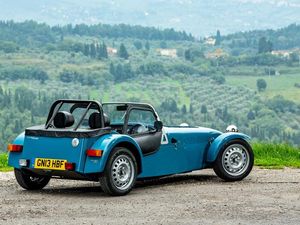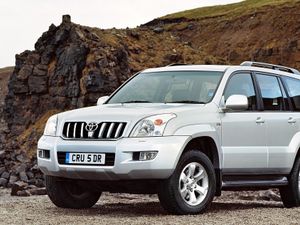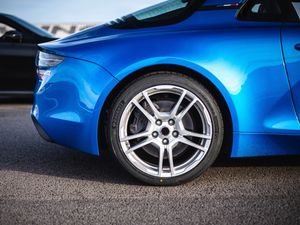10 fuel-sipping fun cars for summer
Think you need a gas-guzzling engine to enjoy a sporty summer runabout? Think again – here are ten of our favourites that cost peanuts to run

Fuel prices are on the increase in a big way – May saw the worst increase in the price of petrol in 18 years.
Thanks to a jump in the price of oil and a poor exchange rate with the dollar, the average prices of petrol and diesel across the country are currently 129.4p and 132.4p respectively. For many people, that’s enough to sack off the idea of a relaxing summer drive and break out the hiking boots instead.
But fun cars don’t have to be thirsty. We’ve rounded up ten of our favourites that should bring a smile to your face without breaking the bank…
Mazda MX-5

Mazda claims that the smaller-engined MX-5 will return 47.1mpg on the combined cycle, while emitting a respectable 139g/km CO2. These figures mean that you shouldn’t be spending too much time at the pumps, or paying all that much in vehicle tax, either.
Audi TT Ultra

It’s well worth mentioning that Audi claims that the TT Ultra will achieve over 60mpg on the combined cycle – so if you’re after a sports car with few drawbacks, then this is the one for you. It’s even got a decent amount of luggage space, so you won’t have to cut back on the amount of kit you bring along for the ride, either.
Fiesta ST

The star here is the engine – it’s a 1.5-litre three-cylinder pumping out 197bhp and capable of 0-60 in just 6.2 seconds. Yet take it gently and the Ford will return 55mpg on the combined cycle, with usefully low tax and insurance to sweeten the deal.
BMW 218d Convertible

The 2.0-litre engine under the bonnet is punchy enough to keep things entertaining, while the 2 Series is also graced with excellent steering and inherent balance. It may not be the quickest car in the segment, but it’s easily one of the most enjoyable to drive. With a claimed fuel economy of 54.3mpg too, that enjoyment won’t be spoiled by having to fill up all that often.
Mercedes E220d Convertible

Don’t think you’ll be compromising either, as the 220d diesel delivers a 0-60mph sprint of 7.5 seconds and a top speed of 147mph. It’s all wrapped up in a slinky body with four genuinely usable seats, a good-looking and quick-folding fabric roof, and one of the most premium interiors on the market.
Caterham 160

The low capacity engine, combined with the car’s overall low weight, means that the 160 sips fuel. Plus, with a fuel tank the size of a pipette, fill-ups really aren’t going to break the bank.
Fiat Panda 100hp

In addition, as a result of being based on the regular Panda, replacing parts on the 100hp isn’t going to be a costly affair. You’ll find the same if you ever need to change up an exterior panel too. You’ll be able to snag a decent, reasonable-mileage 100hp for under the £3,000 mark – making it exceptionally good value-for-money.
Smart Roadster

The end result did have its flaws – notably the awkward and slow-shifting transmission – but the payoff for all of its compromise was the weight – or lack of. At under 800kg with a hilarious rear bias, the Roadster was more fun in the corners than many supercars – but cost a fraction of the price. That tiny engine promises fuel economy of well over 50mpg, and the plastic panels are easy to replace in the event of a ding. Prices are rising fast, but you can pick up an early model for around £1,500. Budget £3,000 for a tidy Roadster-Coupe, and more still for a desirable Brabus.
Skoda Fabia vRS (Mk1)

That engine had a couple of advantages too. First, those inclined to tune their cars would find a simple remap could take the engine up to a safe 170bhp and beyond. Then, there was the fuel economy – Skoda claimed that the vRS was capable of 53.3mpg and many owners saw figures well in excess of this. Prices on the used market start at around £1,500.
Lotus Elise (Mk1)

The Elise is the Norfolk-based manufacturer at its best – a tiny body and super light weight means that the Elise makes the most of its modest 118bhp, and will outrun many a modern hot hatchback with its 5.8-second 0-60 sprint. It won’t break the bank either – the 1.8-litre K-Series lump is super easy to get parts for, while up to 50mpg on a long run is very impressive.





